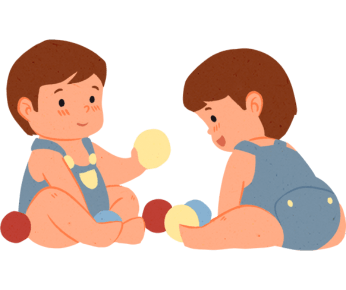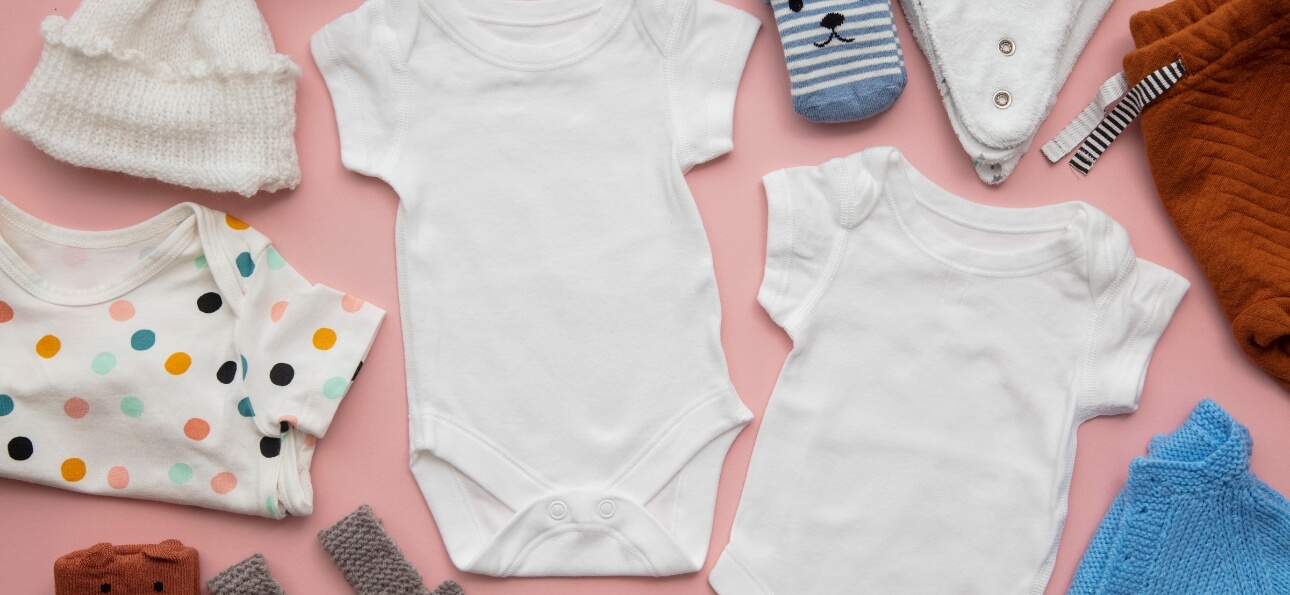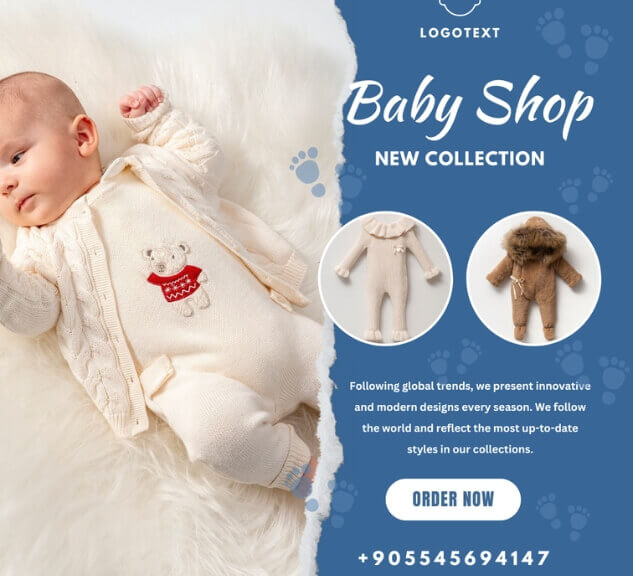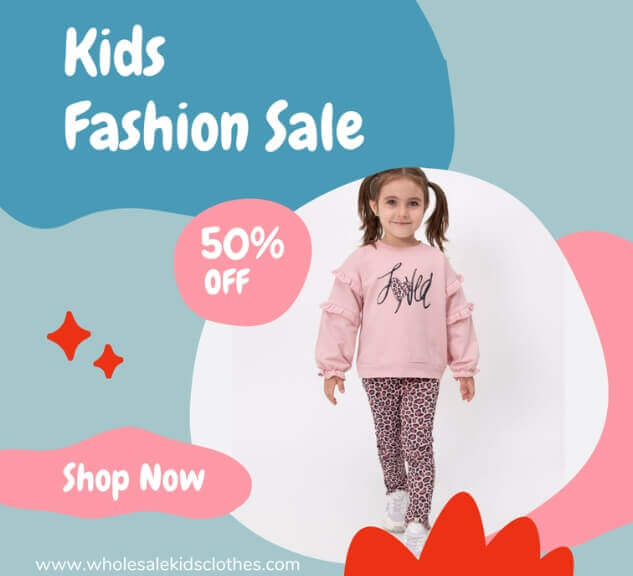

In the competitive world of baby clothing, sourcing wholesale baby clothes is a great way for retailers and online businesses to keep their shelves stocked with the latest trends while maintaining healthy profit margins. Buying in bulk from trusted suppliers allows businesses to offer stylish, high-quality apparel for babies at competitive prices. Whether you're just starting or looking to expand your baby clothing inventory, this guide will provide you with valuable insights on sourcing, pricing, and marketing wholesale baby clothes effectively.
Wholesale baby clothes refer to purchasing baby apparel in bulk from manufacturers or suppliers at a reduced price, which retailers can then sell at a marked-up price for profit. This model is widely used by businesses to maintain a steady inventory of popular items while keeping costs low.
Wholesale purchasing allows businesses to offer a wide variety of baby clothing, from basic essentials like onesies to more specialized items such as holiday-themed outfits and organic cotton apparel. It enables businesses to:


There are several advantages to purchasing baby clothes wholesale, including:
Basic clothing items such as bodysuits, onesies, and sleepwear are staples in any baby’s wardrobe.Wholesale suppliers often offer these in various sizes, colors, and designs, making it easy for retailers to stock essential items that parents buy regularly.
For special occasions like birthdays, baptisms, and holidays, many parents look for more formal or festive clothing for their babies. Wholesale suppliers often carry a range of special occasion baby clothing such as dresses, suits, and outfits tailored for these events.
To keep your inventory fresh, wholesale suppliers offer seasonal collections designed for summer, winter, and holidays. These collections often feature weather-appropriate fabrics and designs, such as lightweight cotton for summer and warm, cozy materials for winter.
As consumers become more eco-conscious, the demand for organic and sustainable baby clothing has risen. Wholesale suppliers are responding by offering clothing made from organic cotton, bamboo, and other eco-friendly materials, providing an opportunity for retailers to tap into the growing market for sustainable fashion.
When choosing a wholesale baby clothes supplier, it's essential to consider factors such as product quality, reliability, pricing, and customer service. A reputable supplier will provide consistent quality, adhere to safety standards, and offer clear communication about product availability and shipping.
Platforms like Alibaba, TradeIndia, and wholesalekidsclothes.com are popular for finding a wide range of wholesale baby clothes. These platforms offer access to various suppliers, allowing businesses to compare prices, minimum order quantities (MOQs), and product quality.
Trade shows are an excellent way to discover new suppliers, view products firsthand, and negotiate deals. Events like the ABC Kids Expo and Magic Las Vegas offer retailers the chance to network with wholesale suppliers and discover the latest trends in baby fashion.
Several B2B online marketplaces specialize in baby apparel, allowing retailers to browse extensive catalogs of wholesale baby clothes from the comfort of their office. These platforms often include reviews, ratings, and buyer protection policies to help ensure a smooth purchasing process.
(Article continues following the outline above.)
Start by researching reliable suppliers through online marketplaces or trade shows. Create an account on platforms like wholesalekidsclothes.com to access wholesale pricing.
The Minimum Order Quantity (MOQ) varies by supplier, but it's typically around 50-100 units per item. Some suppliers may offer lower MOQs for first-time buyers.
Yes, most suppliers allow you to order samples to check product quality before committing to a bulk purchase.
Subtract your wholesale cost per item from your retail selling price. A common retail markup is 2-3 times the wholesale price, depending on market demand.
Gender-neutral styles, sustainable and organic fabrics, and influencer- driven trends are shaping the baby clothing market. Parents are looking for stylish, safe, and eco-friendly options for their children.
Many suppliers offer international shipping options. Ensure you factor in shipping costs when calculating your total product cost, especially for overseas suppliers.